Antarctica's Ice Sheet Melts at Alarming Rate 9,000 Years Ago
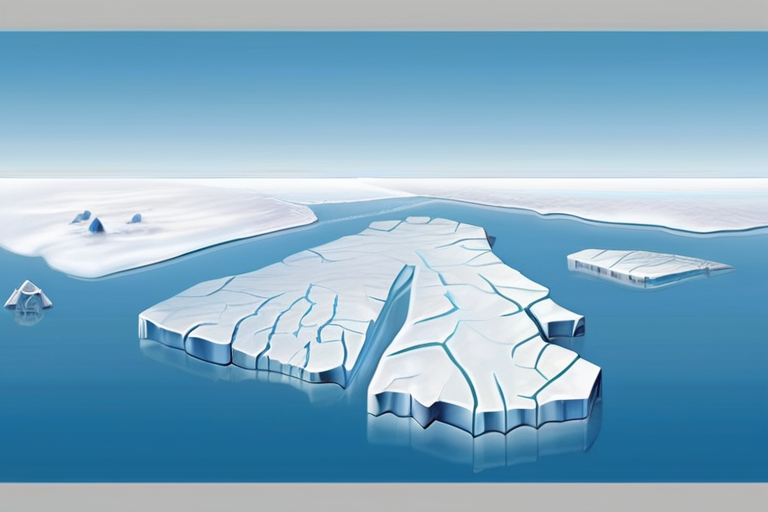
Multi-Source Journalism
This article synthesizes reporting from multiple credible news sources to provide comprehensive, balanced coverage.

Multi-Source Journalism
This article synthesizes reporting from multiple credible news sources to provide comprehensive, balanced coverage.
Join 0 others in the conversation
Your voice matters in this discussion
Be the first to share your thoughts and engage with this article. Your perspective matters!
Discover more articles
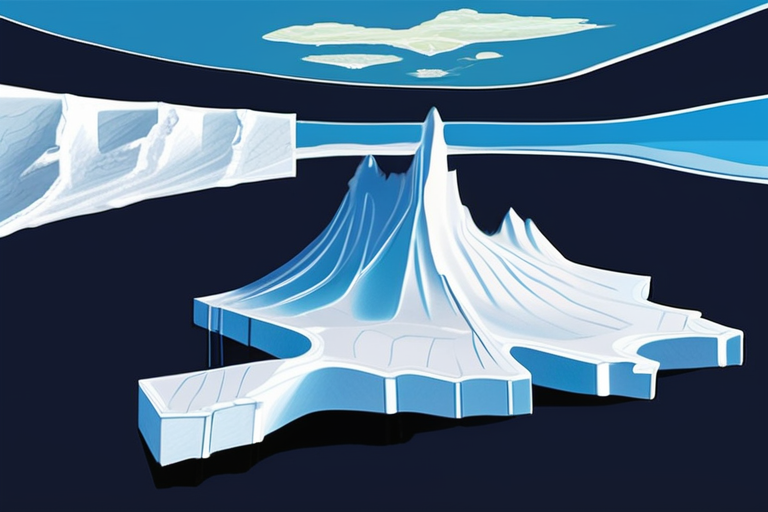
Scientists have unearthed 6-million-year-old ice in Antarctica, providing the oldest direct record of Earth's ancient atmosphere and climate. This groundbreaking discovery reveals a dramatic cooling trend and offers unparalleled insights into greenho
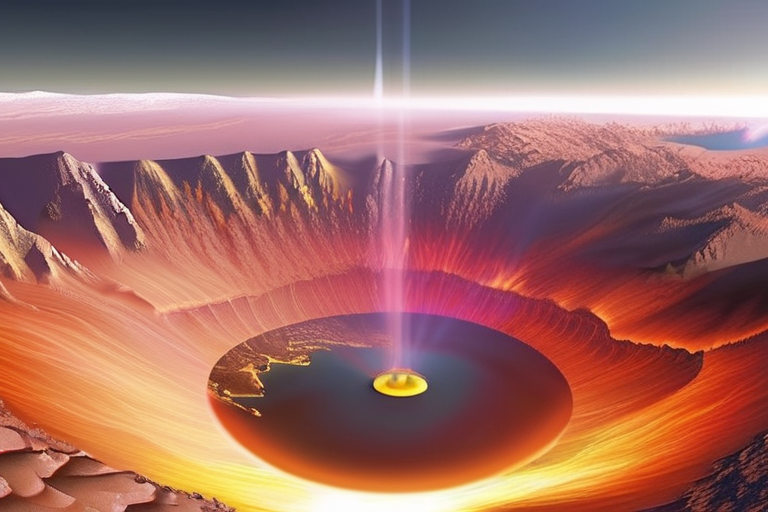
A groundbreaking scientific discovery has revealed that Earth's stable continents owe their stability to intense 900°C heat deep within the planet's crust, which redistributed radioactive elements and cooled the landmasses over billions of years. Thi

A recent study published in Nature reveals that Antarctica is experiencing a series of abrupt and interconnected changes, including rapid sea ice loss, which could have catastrophic global consequences, including a significant rise in sea levels and
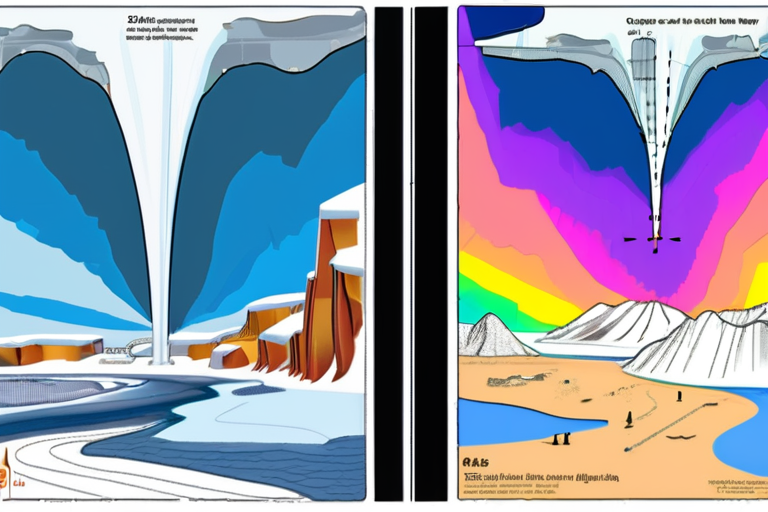
Get ready for a chilling revelation: new research shows that Antarctica's ancient ice collapse was a domino effect of melting ice and warm ocean currents that can happen in a blink of an eye - or at least, 9,000 years ago. Scientists have uncovered a

Scientists have discovered that the breakup of the supercontinent Nuna 1.5 billion years ago triggered a series of transformative changes on Earth, including reduced volcanic carbon emissions, expanded shallow seas, and increased oxygen availability,
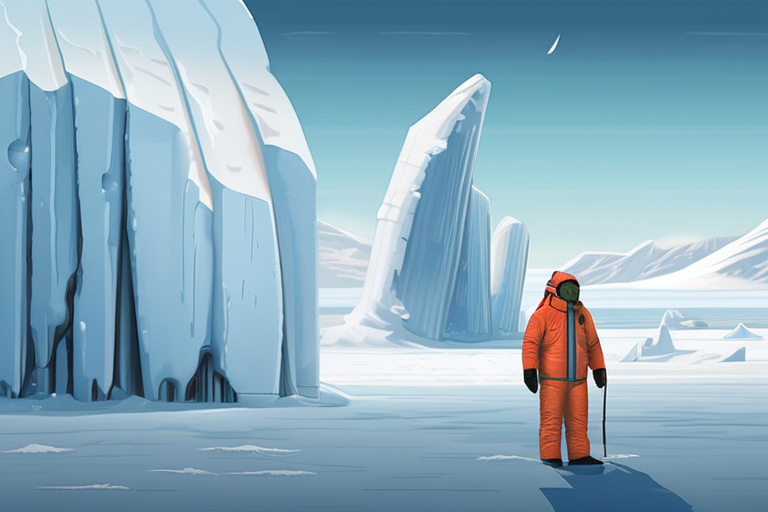
A prolonged period of atmospheric chaos has gripped Antarctica, with temperatures soaring by over 35C (63F) above normal levels since September, sparking concerns about the global climate system's alarming changes. This extreme weather event is unusu
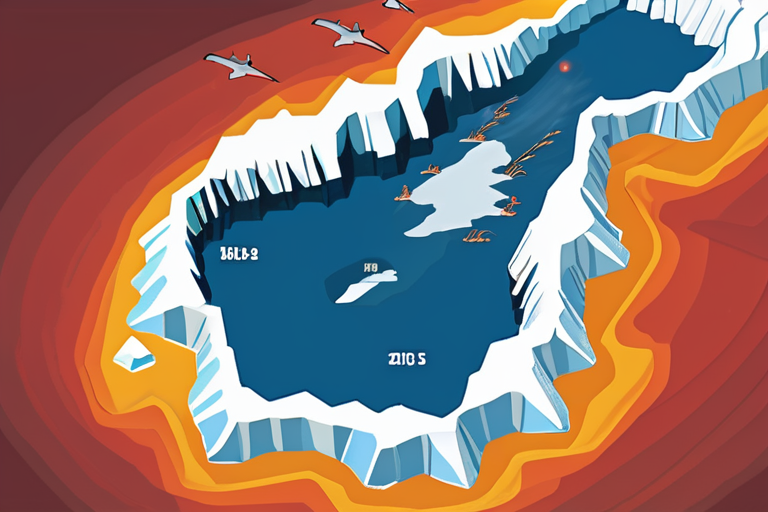
Scientists from the Australian National University and international research partners warn that Antarctica's rapid ice melt, collapsing ice shelves, and disrupted ocean circulation may be irreversible, posing catastrophic threats to global sea level

Scientists have made a groundbreaking discovery, observing for the first time the slow and step-by-step collapse of a subducting oceanic plate into fragments, a process that was previously thought to occur rapidly. This finding sheds new light on the
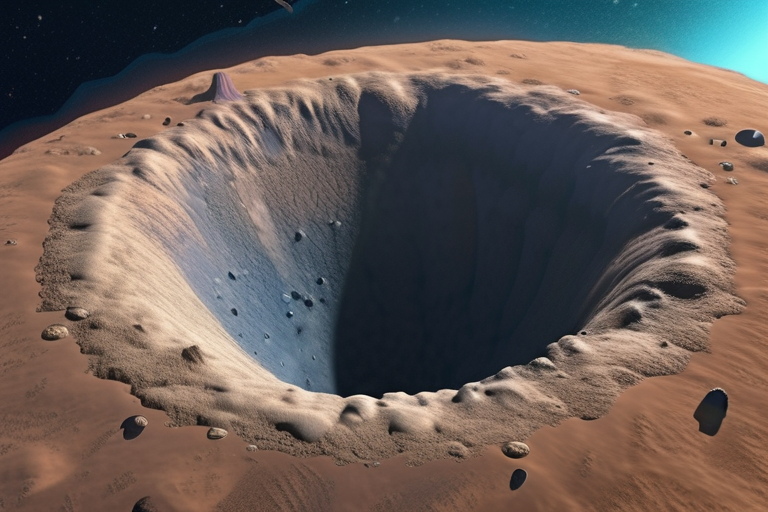
Scientists at Heriot-Watt University have unveiled a 3D seismic map of the Nadir Crater, a 5-mile-wide asteroid impact site hidden beneath the Atlantic Ocean floor, revealing a catastrophic scene of molten rock, towering tsunamis, and seismic activit
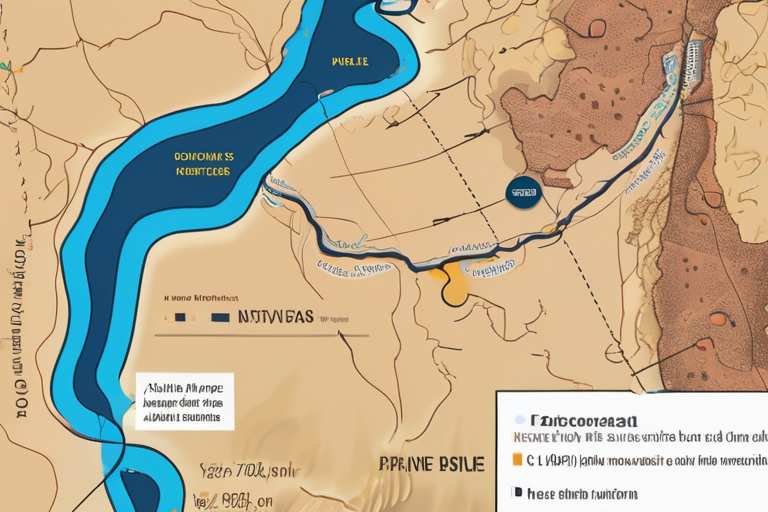
Scientists have made a groundbreaking discovery in the Pacific Northwest, where seismic data reveal a subduction zone actively breaking apart, with the oceanic plate fragmenting into microplates in a slow, step-by-step collapse. This process, previou

As Antarctica's ice cap begins to thaw at an alarming rate, mirroring the devastating effects seen in Greenland, scientists warn that a rapid meltdown could have catastrophic consequences for global sea levels and weather patterns. The Antarctic ice

A recent study has confirmed that satellite data from over three decades confirms sea-level rise predictions made in the 1990s were remarkably accurate, with one notable exception: the underestimation of ice sheet melting. The findings highlight the

Scientists have discovered that glaciers can temporarily cool the air around them through katabatic winds, delaying some effects of global warming, but this self-cooling power is nearing its peak and will likely reverse in the next two decades. Once

Global scientists have issued a dire warning that Earth has reached its first climate tipping point, with coral reefs already at the brink of collapse and polar ice sheets potentially beyond recovery. Rising temperatures threaten a cascade of system
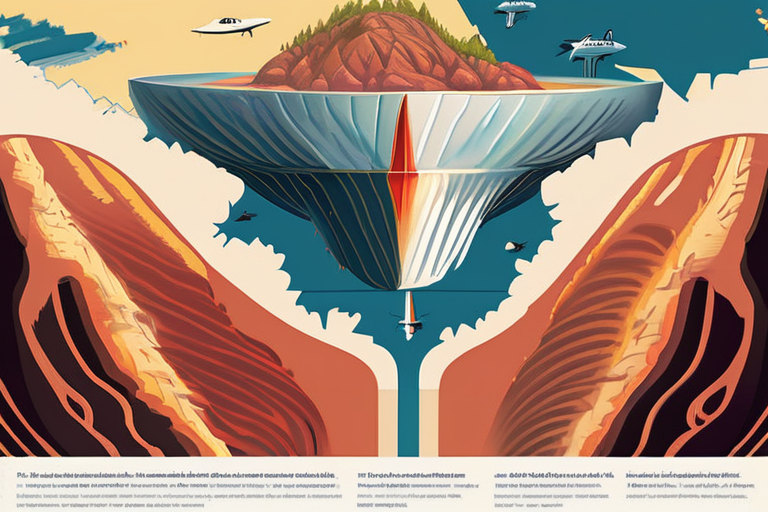
Scientists have made a groundbreaking discovery in the Pacific Northwest, capturing the first-ever visual evidence of a subduction zone actively breaking apart. This rare geological event, where the oceanic plate is tearing into fragments, sheds ligh
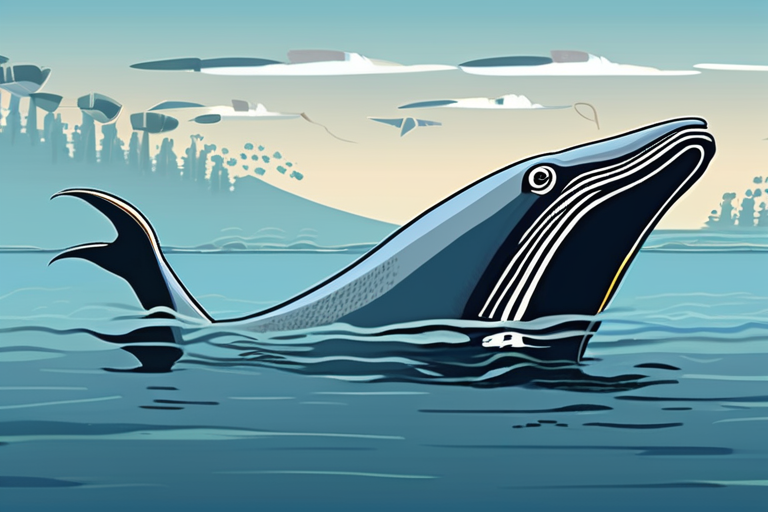
Climate change is disrupting the ancient migrations of whales and dolphins, causing them to veer off course as global warming alters the environmental cues that guide these journeys. According to a recent report by the United Nations Convention on th

The world's coral reefs have suffered a catastrophic die-off due to record-high water temperatures, marking the first time Earth has reached a climate "tipping point". This alarming event serves as a warning sign for other ecosystems on the brink of

Satellite data has confirmed that climate predictions made in the 1990s accurately forecasted global sea-level rise, with one notable exception: the rapid melting of ice sheets. This finding highlights the importance of refining regional projections
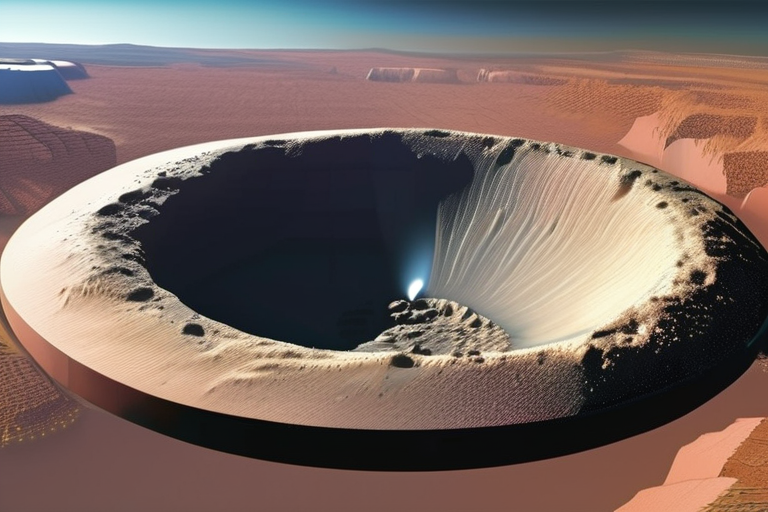
Scientists at Heriot-Watt University have unveiled a 3D seismic map of the Nadir Crater, a 5-mile-wide asteroid impact site hidden beneath the Atlantic Ocean floor, revealing a catastrophic scene of molten rock, towering tsunamis, and seismic activit
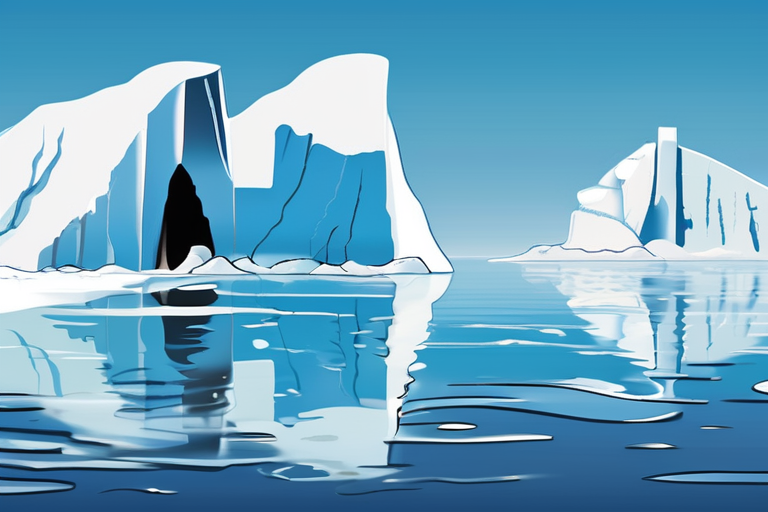
Scientists warn that Antarctica may have reached a climate tipping point, with the sudden collapse of sea ice since 2016 linked to human-induced ocean warming, potentially leading to rising global sea levels and catastrophic consequences for coastal
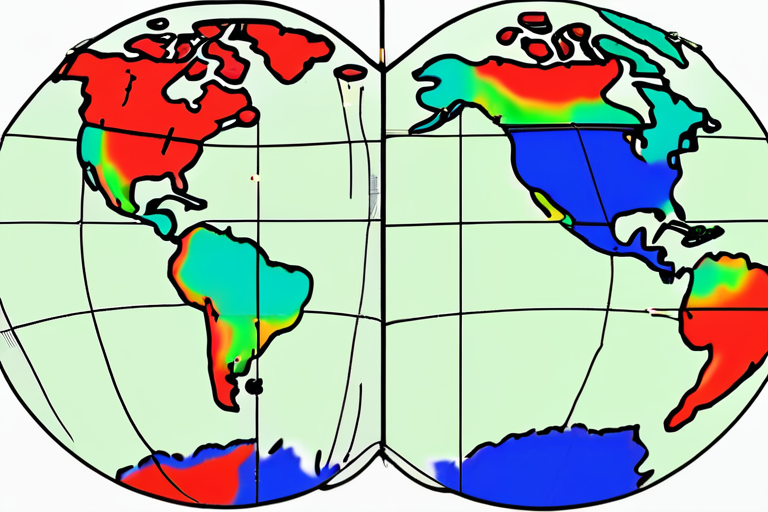
Scientists have captured a groundbreaking moment in Earth's tectonic evolution, observing a subduction zone beneath the Pacific Northwest actively breaking apart. This rare event, documented through seismic data, reveals a slow and step-by-step colla
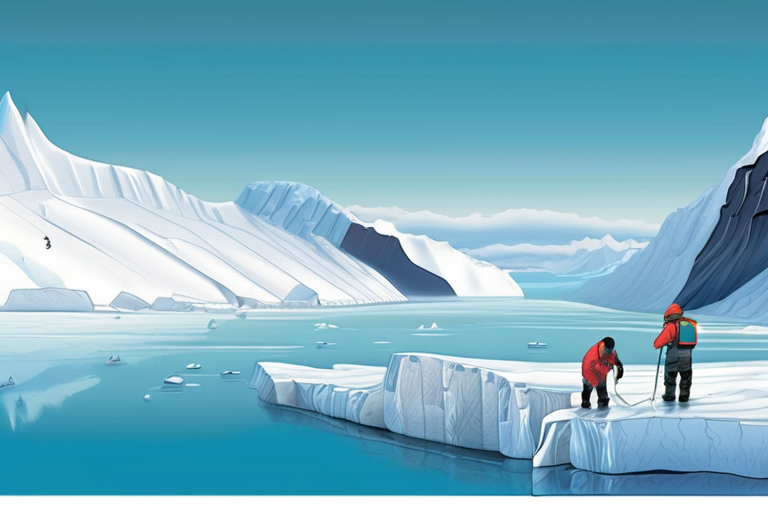
A recent study sheds light on the rapid retreat of Hektoria Glacier in Antarctica, which lost over 8km of ice in just two months in 2022. Scientists believe the glacier's front may have destabilized due to its resting position on the seabed, potentia
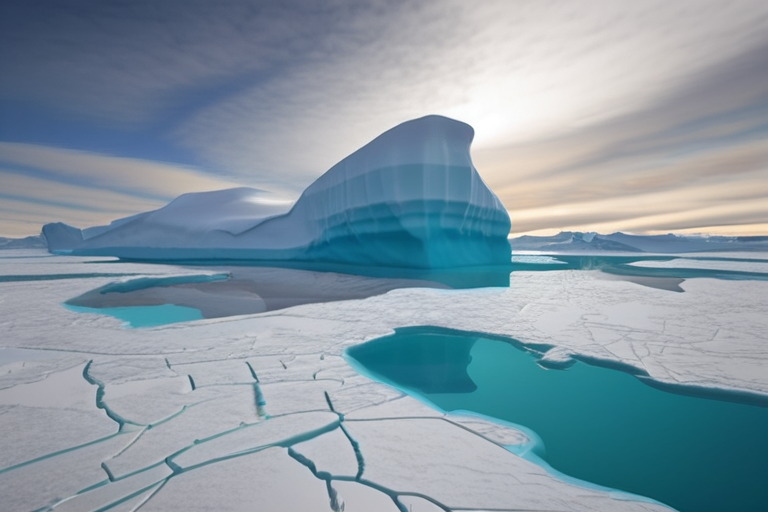
Scientists warn that Antarctica may have reached a climate tipping point, with the sudden decline of sea ice since 2016 linked to human-induced ocean warming, potentially leading to rising global sea levels and exacerbating coastal flooding worldwide
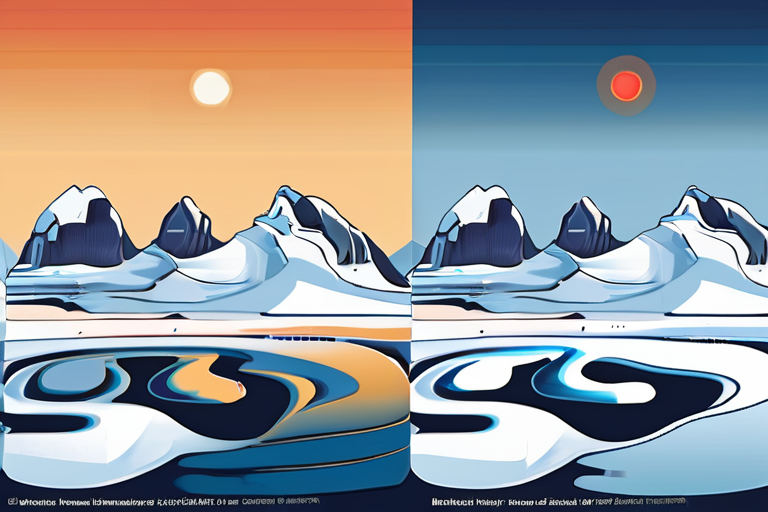
A sudden and unprecedented surge in atmospheric temperatures above Antarctica has seen temperatures rise by over 35C (63F) since September, sparking concerns that a broken jet stream may be causing more frequent and prolonged extreme weather events.
Share & Engage Share
Share this article